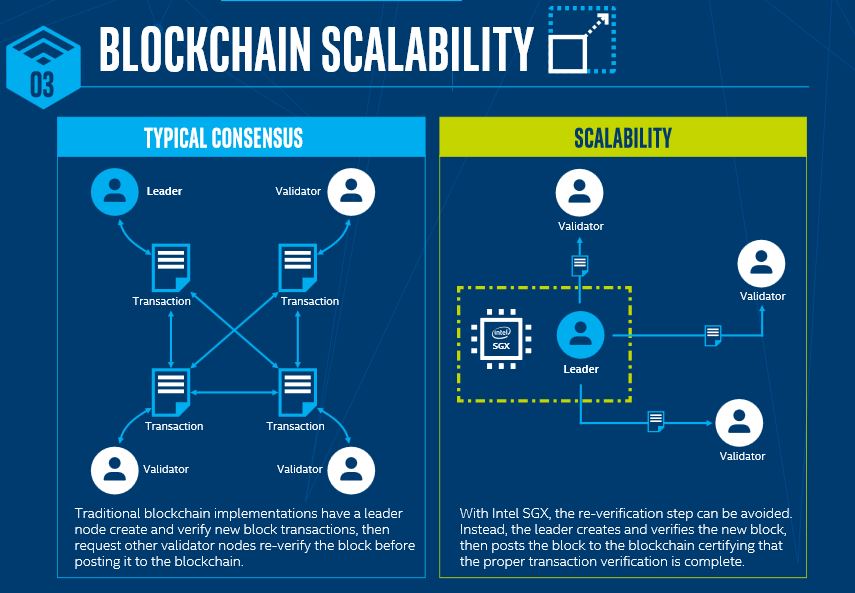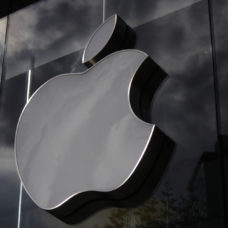In its bid to make processing of transactions faster and more efficient, Microsoft launched an Ethereum-based protocol for large-scale enterprises and companies to utilize.
The Confidential Consortium (CoCo) Framework was created to solve the issues surrounding the current blockchain protocol technology. Apparently, most blockchain protocols today require complex development techniques to meet the key enterprise requirements such as performance, confidentiality, governance, and required processing power.
The CoCo Framework is an open-source foundation that will try to eliminate these blockchain network difficulties. In a post published on Microsoft Azure’s blog, Mark Russinovich, CTO of Microsoft Azure, said:
“Microsoft is committed to bringing blockchain to the enterprise—and is working with customers, partners, and the blockchain community to continue advancing its enterprise readiness. Our mission is to help companies thrive in this new era of secure multi-party computation by delivering open, scalable platforms and services that any company—from ledger startups to retailers to health providers to global banks—can use to improved shared business processes.”
#Microsoft announced #CoCoFramework to improve enterprise blockchain networks.Click To TweetThe Microsoft CoCo Framework
Russinovich further explained that CoCo presents an alternative approach to ledger construction, giving enterprises the scalability, distributed governance and enhanced confidentiality they need without sacrificing the inherent security and immutability they expect.

Combining all the benefits of current blockchain protocols, distributed systems, cryptography, and trusted execution environments (TEEs) such as Intel SGX and Windows Virtual Secure Mode (VSM), CoCo offers enterprise-ready blockchain networks that deliver the following:
- Throughput and latency approaching database speeds.
- Richer, more flexible, business-specific confidentiality models.
- Network policy management through distributed governance.
- Support for non-deterministic transactions.
CoCo can also be integrated with several open-source blockchain networks and distributed ledgers, including Ethereum, R3’s Corda, Intel’s Hyperledger Sawtooth and JPMorgan’s Quorum. When integrated with these networks, it can provide:
- Transaction speeds of more than 1,600 transactions per second.
- Easily managed data confidentiality without sacrificing performance
- A comprehensive, industry-first distributed governance model for blockchain networks that establishes a network constitution and allows members to vote on all terms and conditions governing the consortium and the blockchain software system
Rick Echevarria, Vice President, Software and Services Group and General Manager, Platforms Security Division at Intel said:
“We are thrilled to work with Microsoft to bring blockchain to the enterprise. Our mutual customers are excited by the potential of blockchain. Intel is committed to accelerating the value of blockchains powered by Azure on Intel hardware, by improving the scalability, privacy and security of the solutions based on our technologies.”
David E. Rutter, CEO of R3, echoed the same sentiments regarding CoCo Framework.
“The R3 Corda platform was built for enterprises. We designed it with the financial industry from the ground up to solve real business problems, but we also knew it had to be deployable and manageable in today’s complex IT landscape. No other distributed ledger technology platform is as interoperable or easily integrated, and partnering with Microsoft is another milestone in our mission to facilitate a world of frictionless commerce.”
According to Microsoft, the company has now started exploring the CoCo Framework’s potential across different industries such as retail, supply chain, and financial services. CoCo Framework will be ready by 2018 and will be released as open-source software.
Links to the technical white paper released by Microsoft can be found here.



















Comments (0)
Most Recent